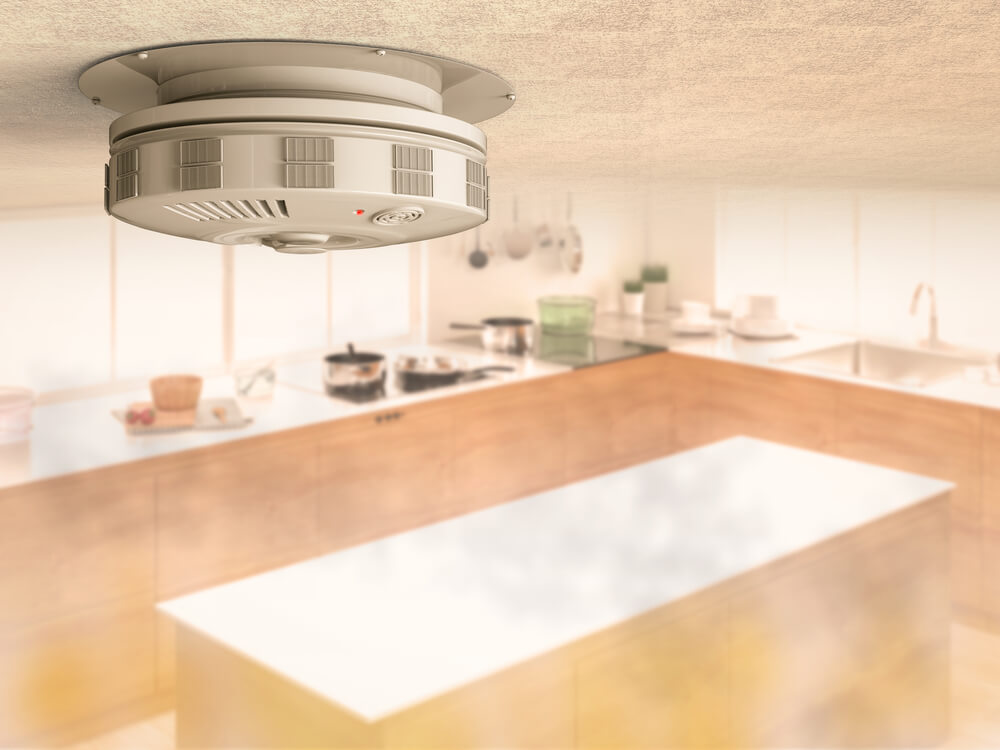4 Most Common Tenant Complaints and How to Handle Them

Working in property management demonstrates time and again that no matter how well you maintain your properties, some problems are still bound to crop up. And more often than not, it is the responsibility of the property manager to resolve the situation.
Handling tenants’ complaints in the right manner can go a long way in alleviating their concerns, upping tenant-retention rates, and helping establish your reputation as a person who cares about the well-being and safety of his or her clients. Here are some of the most common complaints that tenants usually have and the best ways to handle them.
1. Maintenance problems
With maintenance issues being the most common problem plaguing most tenants, the first step to handling such complaints quickly and smoothly should be the setting up of an effective complaint resolution system.
It goes without saying that a lease should include specific instructions on how to raise a maintenance request, the expected response time for different types of maintenance complaints, what to do in case of an emergency and so on. For example, many property management companies now ask their residents to raise an online maintenance request in order to simplify the process and allow easy tracking.
Whatever the chosen mode of notification, make sure to respond to all requests promptly, ideally providing a time frame when they can expect the issue to be fixed. If the resolution time has to be adjusted based on the nature or severity of the problem or you have to call in additional resources, inform the tenants accordingly so they are prepared.
You can also follow up with the tenants a few days later and confirm that the problem has been resolved to their satisfaction. Though this may seem like an unnecessary step, it shows you actually care about the tenant’s comfort and well-being and are not simply checking items off a to-do list.
While we are on this, remember to keep all tenant–landlord communication in writing, along with other paperwork and receipts for the maintenance work done. This will become critical if your tenant decides to drag you to court or you enter into a legal dispute.

2. Lack of proper communication
Nothing irks a tenant more than delayed or nonexistent communication. No one likes to deal with a property manager or landlord who is always unavailable, does not answer his phone calls, or never replies to any email.
Maybe you did not respond to his first email because you felt his complaint was invalid or not your responsibility to address. But what the lack of response conveyed to the tenant was your unwillingness to listen to his problems.
Good tenants are hard to find. If you don’t respond to their issues in a timely and effective manner, you’ll lose them to another landlord who values and respects them.
3. Noisy neighbors
Another common, but tricky complaint that tenants often have is about noisy neighbors. Yes, from loud parties to pets that bark continuously at night – you’ve heard it all. But many a time, the cause of the problem is out of the purview of a landlord or a property manager—yet the tenant still expects you to do something.
To start, you can always increase insulation, add shrubbery, or install new carpeting or soundproofing.
If the neighbor responsible for the “noise” is not renting from you, you can encourage your tenant to try to resolve the situation amicably on his own. If it does not work, you may want to consider addressing the issue with the owner of that property yourself.
It is easier to find a solution if one of your tenants is causing the problem. As a first step, try speaking to him directly to understand the issue. You can also ask other tenants if they have been disturbed by loud noises from the property. If the problem is determined to be genuine, inform the tenant that a complaint has come in against them and try to work out a solution that everyone is comfortable with. If possible, you can offer to shift of the tenant to a different apartment at no extra cost. Don’t forget to inform the tenant who raised the complaint that you are taking active steps to resolve the issue.
If the problem continues in spite of all remedial steps, you may choose to give the tenant a Cure or Quit notice, provided your lease contains a clause related to noise violations or quiet hours. Retaining one bad tenant vs. losing many good tenants – the decision should be easy.
4. Pest invasion
No one wants their home invaded by bugs, cockroaches or rodents. And if it is an apartment or a problem, the problem can quickly spread and get worse.
Take prompt action and call an exterminator immediately if your tenant reports pest issues. Don’t forget to schedule a follow-up appointment after a week or so to ensure the problem is completely resolved. To prevent such problems from occurring in the first place, take preventive action and have your properties treated periodically.
Some general guidelines for handling tenant issues
Anyone in the rental housing industry will admit it is impossible to avoid problems altogether in a tenant-landlord or tenant-property manager relationship. It simply comes with the territory. However, you can reduce conflict and maintain a good working relationship by keeping your cool and behaving in a mature, responsible manner. Always let your tenant know when or how they can contact you and what to do in case of an emergency or if they need to contact you outside normal working hours. Never lose your temper or let go of your professionalism. Do not resort to threats or screaming, even if the other person does so. If you feel that the situation is becoming dangerous or unsafe, withdraw and inform the concerned authorities.
Kurt Jacobson is a snowboarding enthusiast with a background in real estate. Having moved 11 times in the past nine years, he thrives on helping others learn from his experiences. When he’s not out shredding the mountain, he writes about all things rental related for RentFinder.co.







